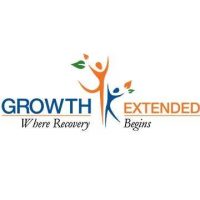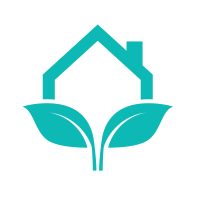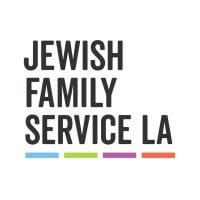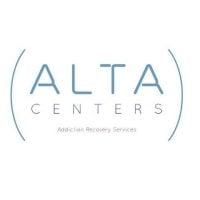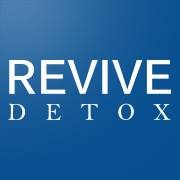Pacific Treatment Centers
Drug Rehab Center in Los Angeles, California
- Opioid Addiction
- Dual Diagnosis
- Drug Addiction
- Alcoholism
Pacific Treatment Centers is a comprehensive addiction treatment facility based in Los Angeles, California, providing evidence-based treatment programs across multiple levels of care, including residential treatment, outpatient services, and aftercare support, for individuals with alcoholism, opioid addiction, dual diagnosis, and drug addiction.
Multiple patients have reported Pacific Treatment Centers as permanently closed.
Research other rehabs in Los Angeles, California, or get help finding an open facility.
Our experts will find you an alternative facility.
(888) 674-0062 24/7 Free, Confidential, Expert HotlineAbout Pacific Treatment Centers in California
Pacific Treatment Centers is an alcoholism, opioid addiction, dual diagnosis, and drug addiction treatment facility located in Los Angeles, California. With a focus on helping individuals who are seeking sobriety and recovery from substance abuse issues, Pacific Treatment Centers offers a range of services to support their journey towards a healthier lifestyle. The facility provides aftercare support to ensure long-term success in maintaining sobriety, as well as outpatient levels of care for those who may not require round-the-clock supervision during their treatment process.
At Pacific Treatment Centers in Los Angeles, they offer comprehensive services and treatment methods for individuals struggling with various types of addiction and substance abuse issues. They provide specialized care for alcoholism and opioid addiction, acknowledging the unique challenges these addictions present. Additionally, they address dual diagnosis cases where individuals may be simultaneously dealing with mental health disorders alongside substance abuse problems. Through their drug rehab program at the facility's outpatient levels of care option that provides flexible scheduling options for those who still need to attend work or school while receiving treatment. By incorporating evidence-based practices such as counseling sessions and therapeutic interventions tailored to individual needs into their programs they aim to create personalized plans that address each person's specific struggles with addiction effectively.
Genders
Ages
Modality
Additional
Conditions and Issues Treated
Opioid addiction has become a significant health problem in the United States. In 2015, there were 91 opioid overdose-related deaths per day, with a substantial increase in mortality rate in 2014.
When opioid addiction has reached a point where a person’s life becomes unmanageable, treatment options are available to help them get sober. Treatment that includes medical care with medications and counseling can help a user transition into sobriety.
Levels of Care Offered
This center offers a variety of custom treatment tailored to individual recovery. Currently available are Aftercare Support, Drug Rehab, Outpatient, with additional therapies available as listed below.
Outpatient treatment is often used for drug addicts in drug rehab. Outpatient treatment consists of counseling and therapy sessions. This form of treatment is also called ‘day-treatment’. The outpatient treatment process begins with the addict’s initial detox period, lasting about ten days.
Outpatient treatment is used for those who are at moderate risk for ‘slipping back’ into the addiction, for those who:
- Are not currently experiencing any side effects from withdrawal and can handle social pressure
- Can handle stressors that might trigger relapse
- Have a stable living environment or have moved out of their previous environment, which was not conducive to being sober
- Have a support system that allows them to go to a facility a few times a week while still keeping their current responsibilities
- Have no legal obligations, being either on parole or probation, that require them to seek treatment at a mandatory facility
- Are not currently experiencing any side effects from withdrawal and can handle social pressure
- Have a stable living environment or have moved out of their previous environment, which was not conducive to being sober
Completing a drug or alcohol rehab program is only the first step. Then comes aftercare support. These services include sober living accommodations, career counseling, and AA/NA programs for those struggling with sobriety or who want help maintaining it after initial rehab at an addiction facility.
They can last up to a year or more depending on what’s needed most urgently after the earlier stages are completed.
Therapies & Programs
Because no single treatment is effective for all addicts, the goal of treatment and therapy should be to figure out what works best for each individual. Tolerance and withdrawal levels differ from person to person, affecting the treatment intensity required. Addiction treatment should aim to help addicts develop healthy coping mechanisms for dealing with their addiction and its underlying causes.
Couples therapy works with clients and significant others in a professional capacity to improve relationship dynamics. This can be helpful for addicts who are trying to marry the idea of recovery into their work, family, social lives – any aspect that has to do with relationships. Through counseling sessions, addicts will have an opportunity to talk about their addiction with professional partners.
Family therapy is beneficial for people who are in addiction treatment services because it offers addicts the opportunity to work with their family members to better understand what led them to make choices that contributed to their addiction.
This type of therapy helps family members reach a deeper understanding of how they can best support their loved one during recovery. It also helps the addict better understand their own motivations and triggers that led them to turn to substance abuse.
Family therapy can help addicts in the following ways:
- Assists family members in processing difficult feelings so they don’t blame or resent recovering addicts
- Assists family members in understanding how addiction has impacted the addict and everyone who is involved with them
- Allows the addict to take responsibility for their actions, while encouraging improved communication skills
- Helps family members understand how to best support an individual in recovery so addicts don’t relapse again.
Group therapy can help build a stronger support system and give addicts in Los Angeles, CA insight into their addiction that they gain through shared conversations. Group therapy occurs in a controlled group environment, exclusive of one on one meetings. This makes it safer for patients to feel comfortable sharing the struggles they’re going through and gaining perspective.
Additional Details
Specifics, location, and helpful extra information.
Los Angeles, California 90028 Phone Number(323) 285-5347 Meta DetailsUpdated November 25, 2023
Staff Verified
Pacific Treatment Centers Patient Reviews
There are no reviews yet. Be the first one to write one.
Los Angeles, California Addiction Information
More than 3 million of California's citizens are addicted to illegal drugs. Almost 800,000 people use hard drugs, almost 5 million use marijuana, and another 2.1 million abuse alcohol every year. Other substance abuse issues such as binge drinking and teen drug use are also common. Many illegal drugs such as cocaine, heroin, methamphetamine, and marijuana are smuggled into the state from Mexico.
10% of adults in Los Angeles have used illicit drugs or abused prescription drugs within the past year. Heroin, marijuana, prescription pain relievers and cocaine are widely abused in Los Angeles. Over 130,000 people in the city struggle with addiction to drugs or alcohol. Many residential rehab facilities in the area can provide long-term care. The best way to find the right treatment option is to speak with a professional.
Treatment in Nearby Cities
- San Mateo, CA (328.8 mi.)
- Carlsbad, CA (85.3 mi.)
- Palmdale, CA (35.4 mi.)
- Downey, CA (14.9 mi.)
- Sanger, CA (193.8 mi.)
Centers near Pacific Treatment Centers
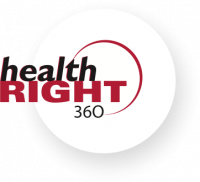
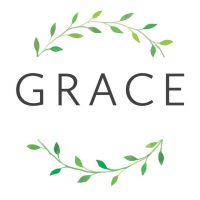
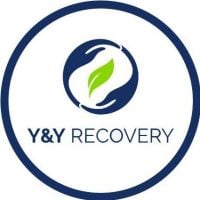
The facility name, logo and brand are the property and registered trademarks of Pacific Treatment Centers, and are being used for identification and informational purposes only. Use of these names, logos and brands shall not imply endorsement. RehabNow.org is not affiliated with or sponsored by Pacific Treatment Centers.

